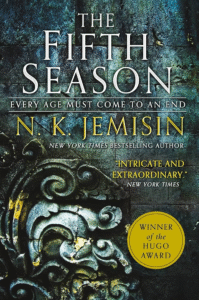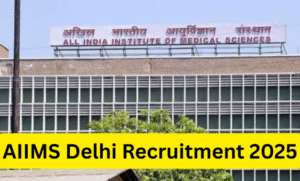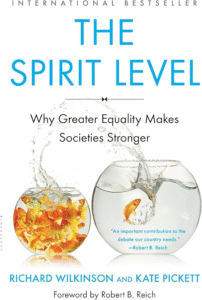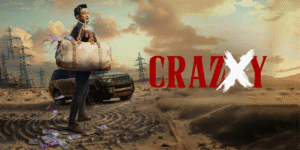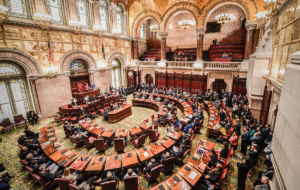Escalating Tensions: The Unfolding Crisis of Protests and Crackdown in Los Angeles
The streets of Los Angeles are currently a crucible of unrest, marked by intensified protests following a series of federal immigration raids and arrests. This volatile situation has prompted a decisive, and highly controversial, response from President Donald Trump, who has ordered the deployment of National Guard troops to quell the demonstrations. The landscape of the city is now defined by clashes, burning cars, and the heavy-handed use of tear gas and rubber bullets, painting a stark picture of a society under immense strain. This crackdown extends beyond immediate crowd control, with mandates for the arrest of masked protestors and the imposition of a new travel ban, collectively signaling a deepening crisis over civil liberties, immigration policy, and governmental authority.

The Catalyst: Immigration Raids and Community Outcry
The genesis of this turmoil lies squarely in the federal immigration raids and subsequent arrests. Such operations, often conducted with little warning, frequently target vulnerable communities, tearing apart families and instilling widespread fear. For those directly impacted, and for advocates of immigrant rights, these actions are not merely law enforcement procedures but deeply personal affronts to human dignity and community stability. The immediate protests are a visceral reaction to this perceived injustice, a direct expression of outrage and solidarity from communities feeling under siege.
Escalation and Authoritarian Response
The protests, however, have quickly escalated beyond peaceful dissent. Reports of clashes, burning cars, and the deployment of tear gas and rubber bullets by authorities illustrate a rapid descent into confrontation. President Trump’s response has been swift and severe. The order to deploy National Guard troops to a domestic situation of civil unrest is a significant escalation, blurring the lines between civilian policing and military intervention. Furthermore, the reported mandate for the arrest of protestors wearing masks directly targets a tactic often used for privacy and protection in volatile demonstrations, raising serious concerns about freedom of expression and the right to assemble. These domestic measures are compounded by a broader policy shift: a new travel ban, effective today, restricting citizens from 12 countries, predominantly from Africa and the Middle East. This move underscores an ongoing, contentious immigration agenda that prioritizes restriction and control, further alienating affected communities and international allies.
Underlying Themes: Civil Liberties, Immigration, and Power
The situation in Los Angeles is a microcosm of profound ideological and societal divisions within the United States. It pits the fundamental right to protest and express dissent against the government’s perceived need to restore order, often with a heavy hand. The events lay bare the human cost of aggressive immigration enforcement, highlighting the trauma and instability inflicted upon families and communities. More broadly, President Trump’s directives—from deploying military units against protestors to curtailing specific forms of protest attire and expanding travel bans—raise critical questions about the scope of executive power and the potential for authoritarian overreach in a democratic society.
Conclusion: A Critical Juncture for American Society
In conclusion, the escalating tensions in Los Angeles represent a critical moment in contemporary American society. The protests, fueled by federal immigration crackdowns, have been met with a forceful governmental response that prioritizes order over civil liberties, and restriction over empathy. This unfolding crisis not only illuminates the deeply polarized debate surrounding immigration but also forces a confrontation with the fundamental principles of free speech, the right to protest, and the balance of power within the nation. The outcome of these clashes will undoubtedly have lasting implications for civil discourse, immigration policy, and the very fabric of American democracy.

